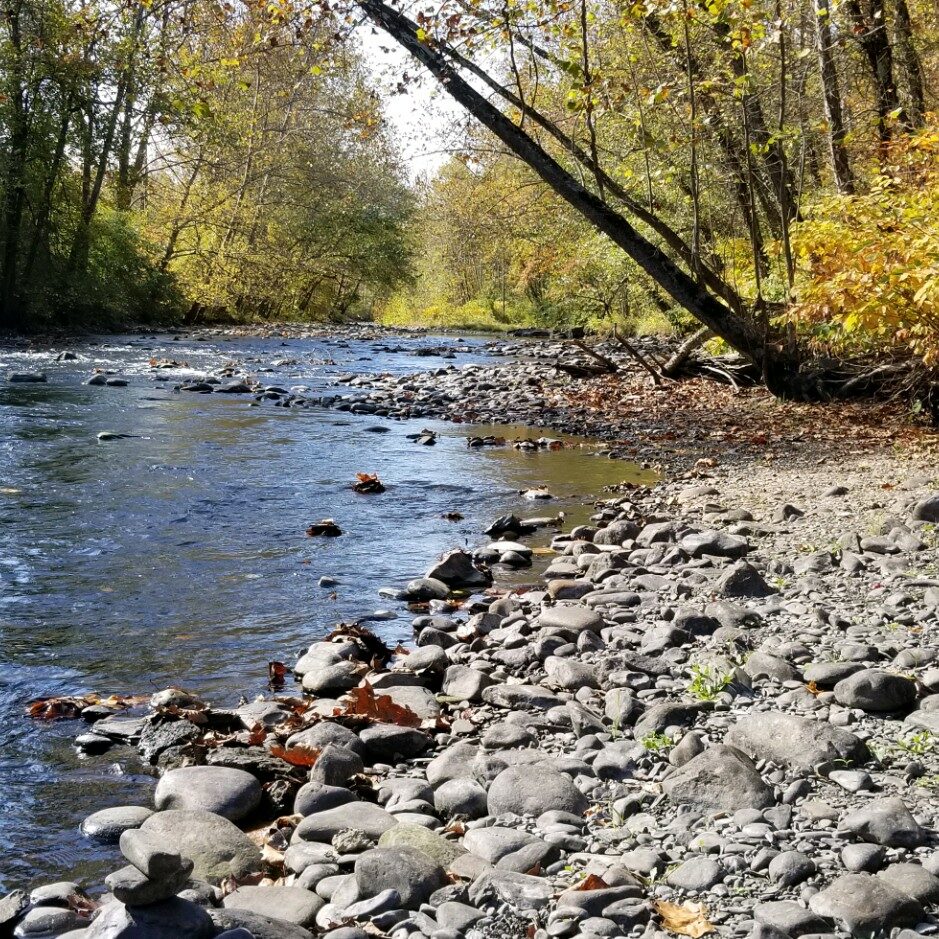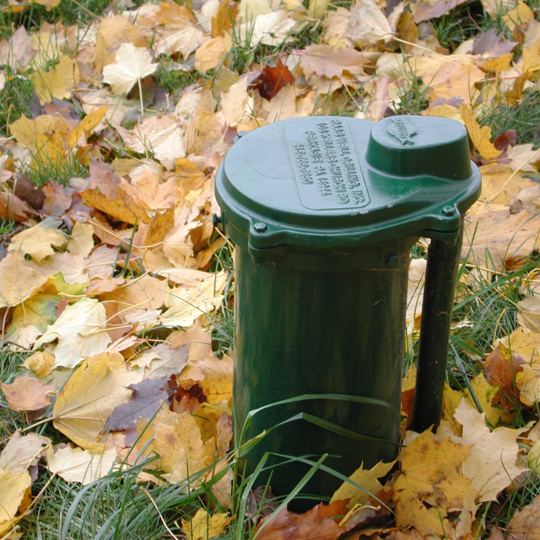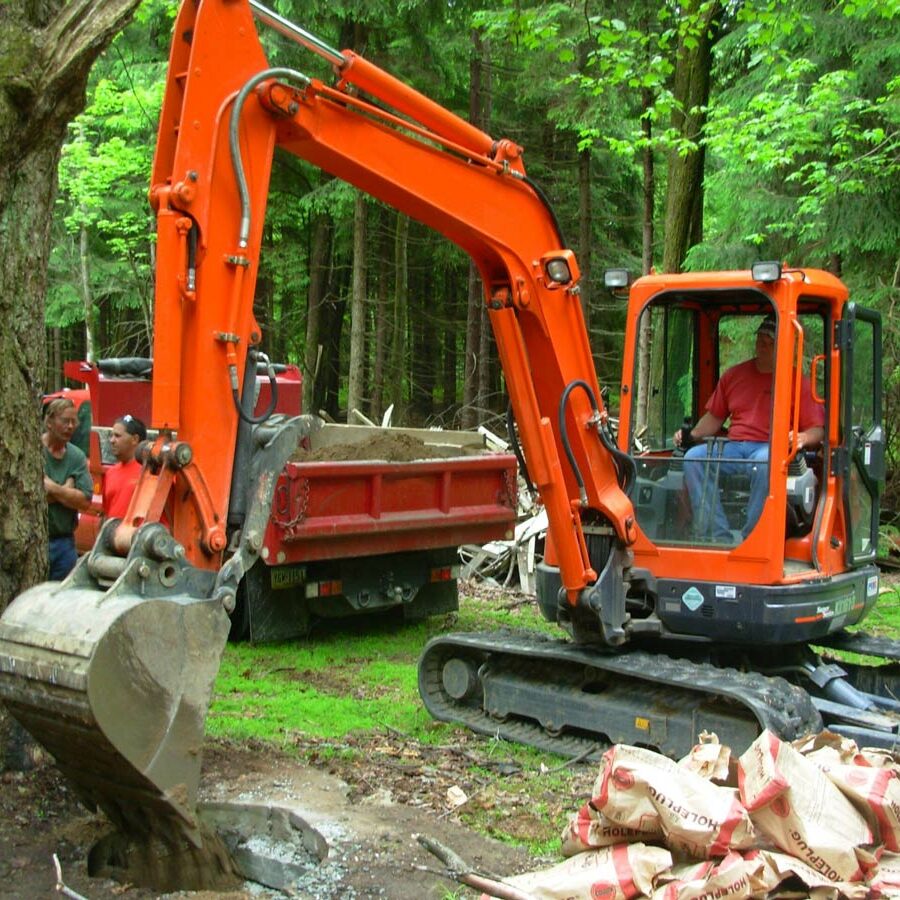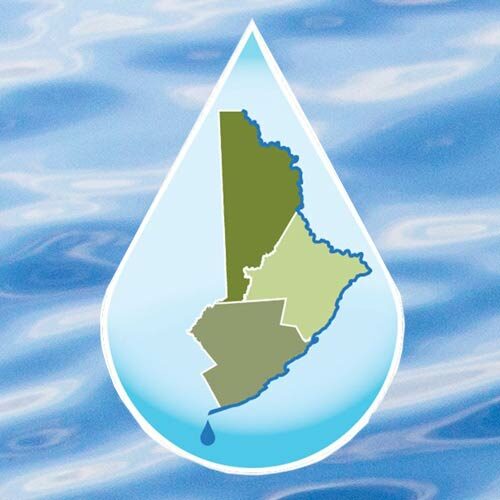
Private Well Owners
Private Well Owners
Millions of rural residents throughout Pennsylvania use a private water well, spring, or cistern for their drinking water.
There are no statewide regulations on these household water supplies, so their management is the voluntary responsibility of the homeowner. The National Ground Water Association (NGWA) recommends well owners test their water at least annually for bacteria, nitrates, and any contaminants of local concern.
Management of these water supplies, including proper design, location, construction, testing, and treatment, can be challenging. Check out the resources below for guidance.
Water Testing Resources
- American Groundwater Trust Water Testing Information Page
- DEP Water Testing Information
- Penn State Extension article about Testing Your Drinking Water
- Private Well Water Testing through Penn State and other PA DEP-certified labs
- WellOwner.org Water Testing Resources
Resources with Additional Information
- EPA Interactive Map of U.S. Domestic Well Density
- EPA Private Well Learning Module for Homeowners
- EPA Site on Drinking Water
- Free Resources and A Free Private Well Class for Homeowners
- One-Stop Resource for Well Owners
- Penn State Extension has created dozens of short articles, videos, and courses to assist with some of the most common management issues.
- Water Quality Association Website
- Water Treatment for Dummies Document from the Water Quality Association
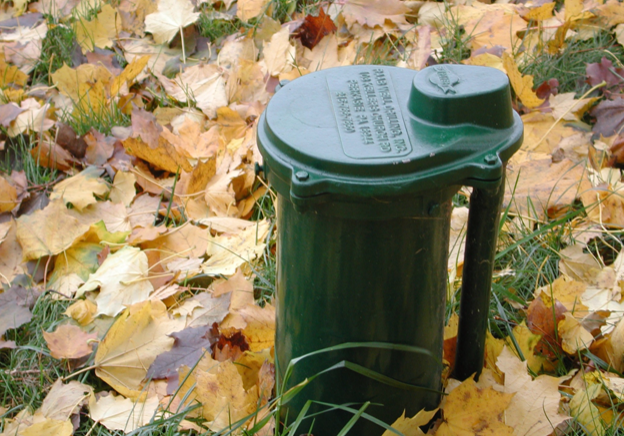
Septic System Maintenance
The best-designed and properly installed on—lot sewage disposal system will still malfunction if the homeowner does not properly operate and maintain the system.
In addition to requiring costly repairs, malfunctioning systems can contaminate surface and groundwaters, cause various health problems, and spread disease as well as create unsightly messes and foul odors when raw sewage surfaces or backs up into the home.
It is recommended that the average septic be pumped every 3-5 years with regular inspections in between.
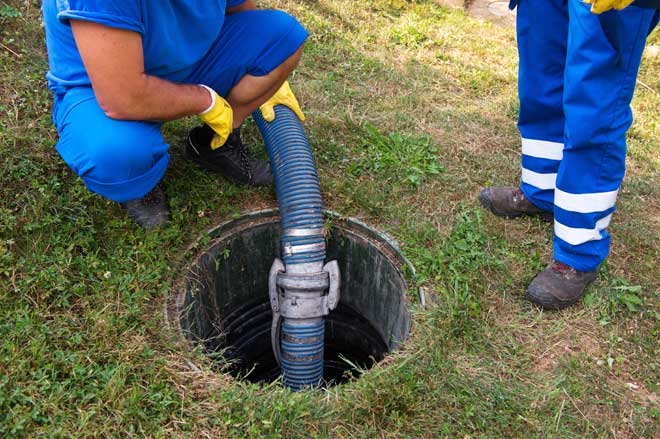
Helpful & Fun Resources
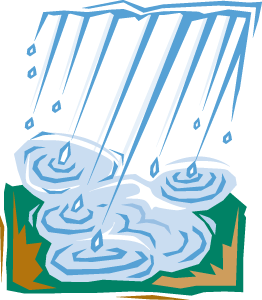
We all live downstream. Our water quality is directly affected by our upstream neighbors, and our choices will impact the water quality for our downstream neighbors.
- Minimize impervious surfaces.
- Do not remove trees and other plants next to streams, lakes and wetlands.
- Plant native plants to absorb heavy rain falls.
- Direct rain gutters onto lawn or garden.
- Construct rain gardens and use rain barrels.



